Just Give Me The Highlights 👀
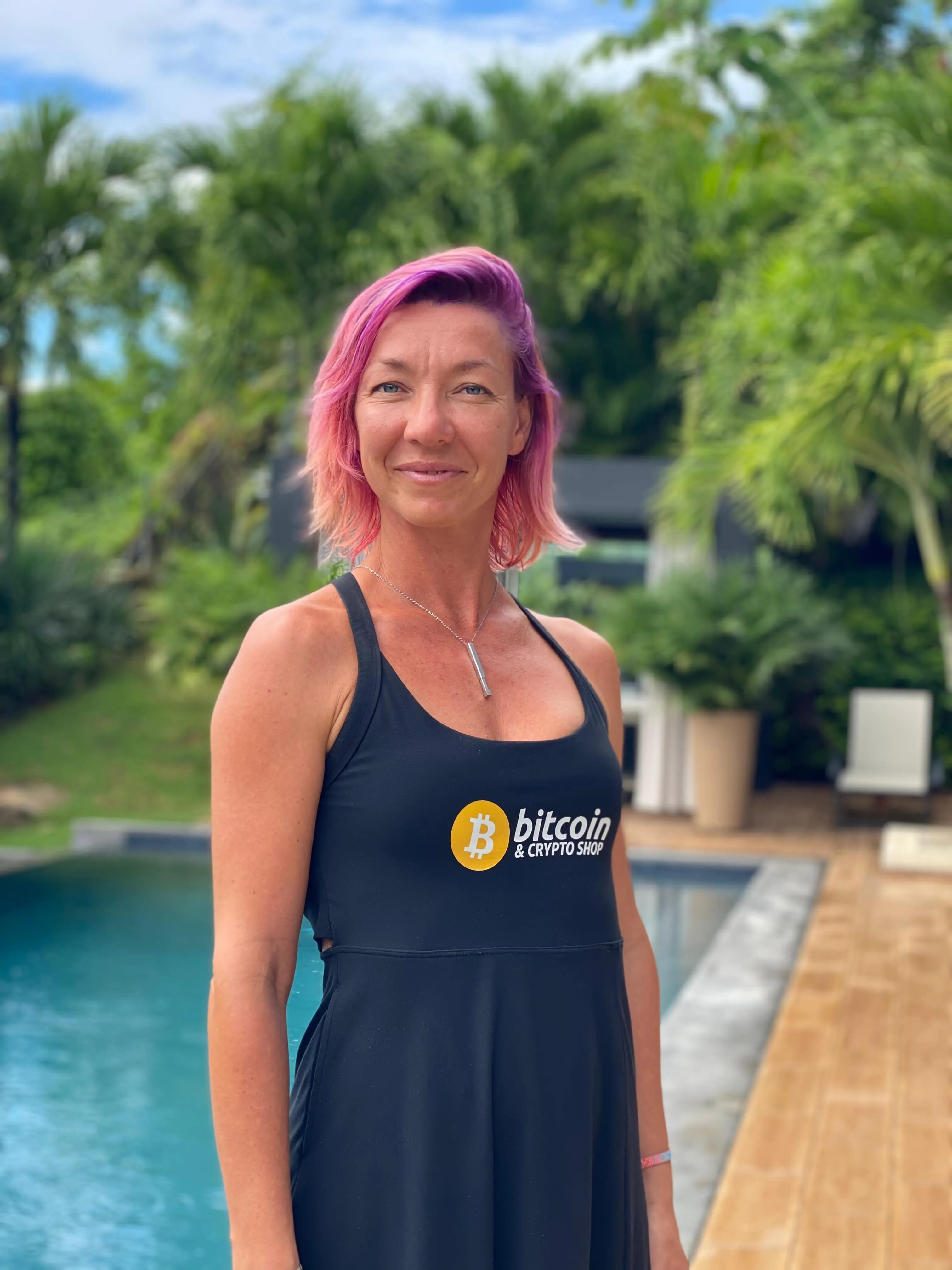
01 Aug 2025
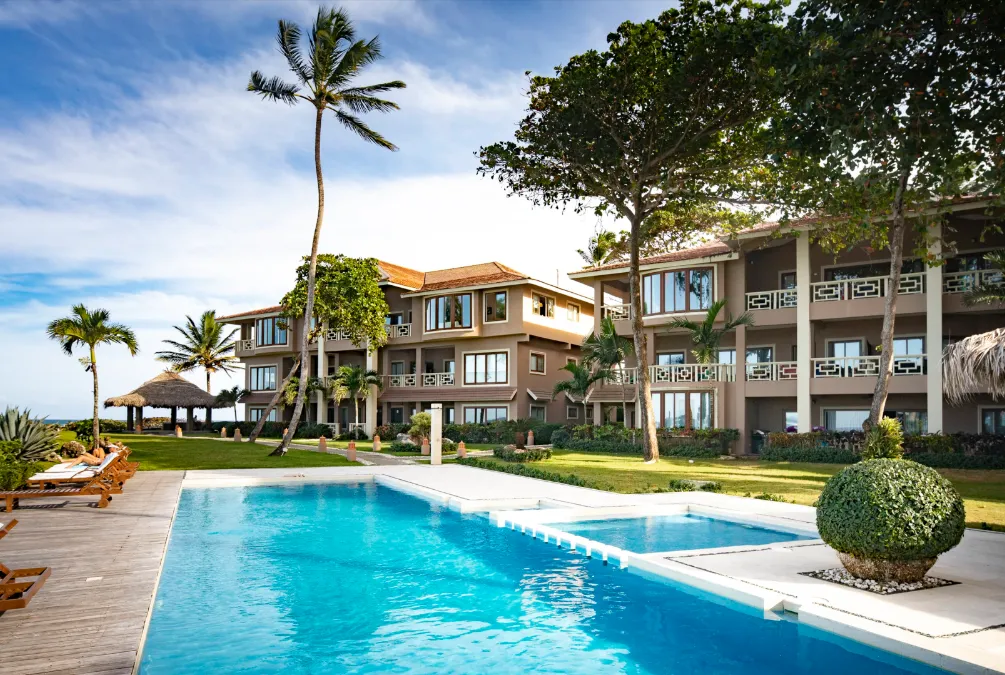
Real estate in the Dominican Republic has evolved. Ten years ago, most foreign buyers were just looking for a vacation condo near the beach. Fast forward to 2025, and many are now thinking bigger - boutique villa projects, income-generating homes, land for future development. The market’s growing, and so are the options.
But with more opportunity comes a key decision: Do you buy land and build from scratch, or invest in a ready-made condo? Both have serious potential - and very different realities. One gives you creative control and long-term upside. The other offers immediate use, less stress, and faster returns. Neither is right for everyone.
This guide is for those who want to run the numbers, weigh the trade-offs, and invest smart. Whether you’re thinking of building your dream villa, flipping property in a high-growth area, or simply parking your capital in a solid rental, it starts with understanding what each path involves. Let’s take a closer look.
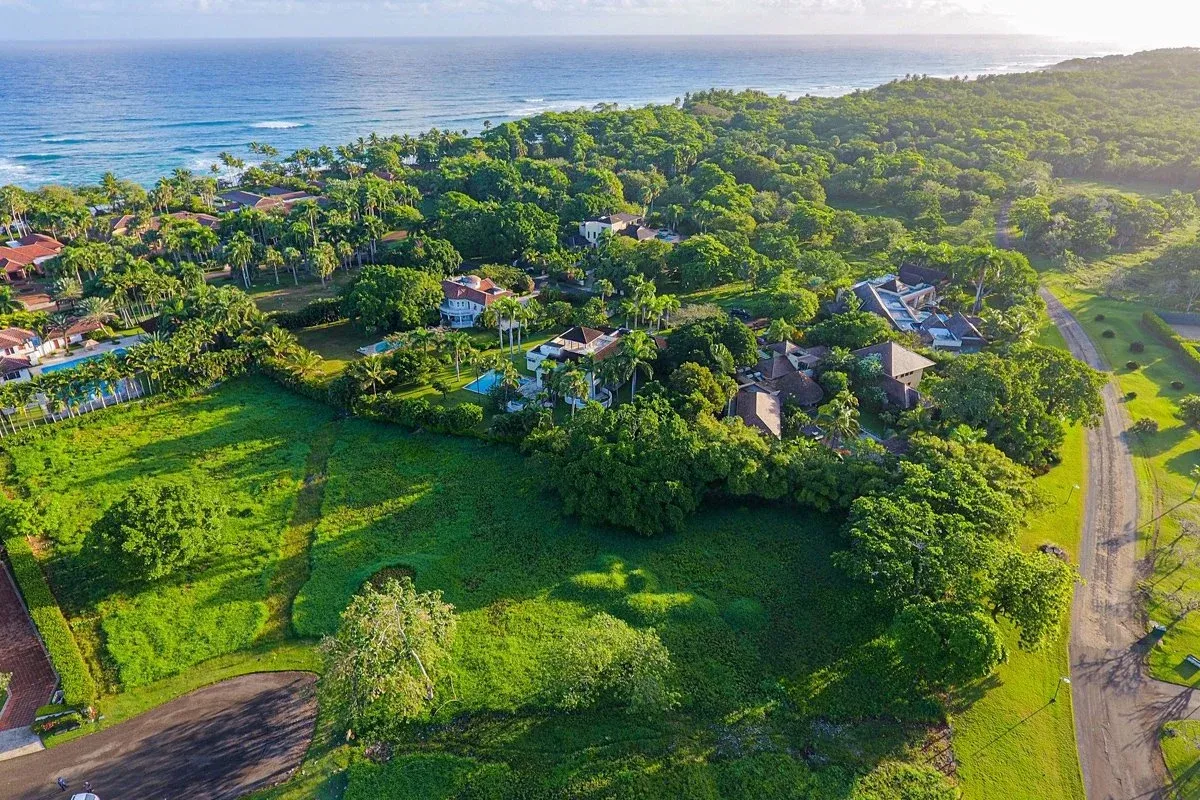
Buying land might sound like the most flexible option - and in many ways, it is. You choose the location, the design, the layout, and the timeline. You’re not limited by existing structures or HOA rules. And if you pick the right area, land can appreciate fast, especially as infrastructure expands.
But it’s not a hands-off investment. Land requires patience, planning, and often, local expertise. It’s a slow build - literally.
Tip: Walk the land before you buy it. Don’t rely solely on photos or seller promises. Elevation, access, and surroundings matter more than they seem.
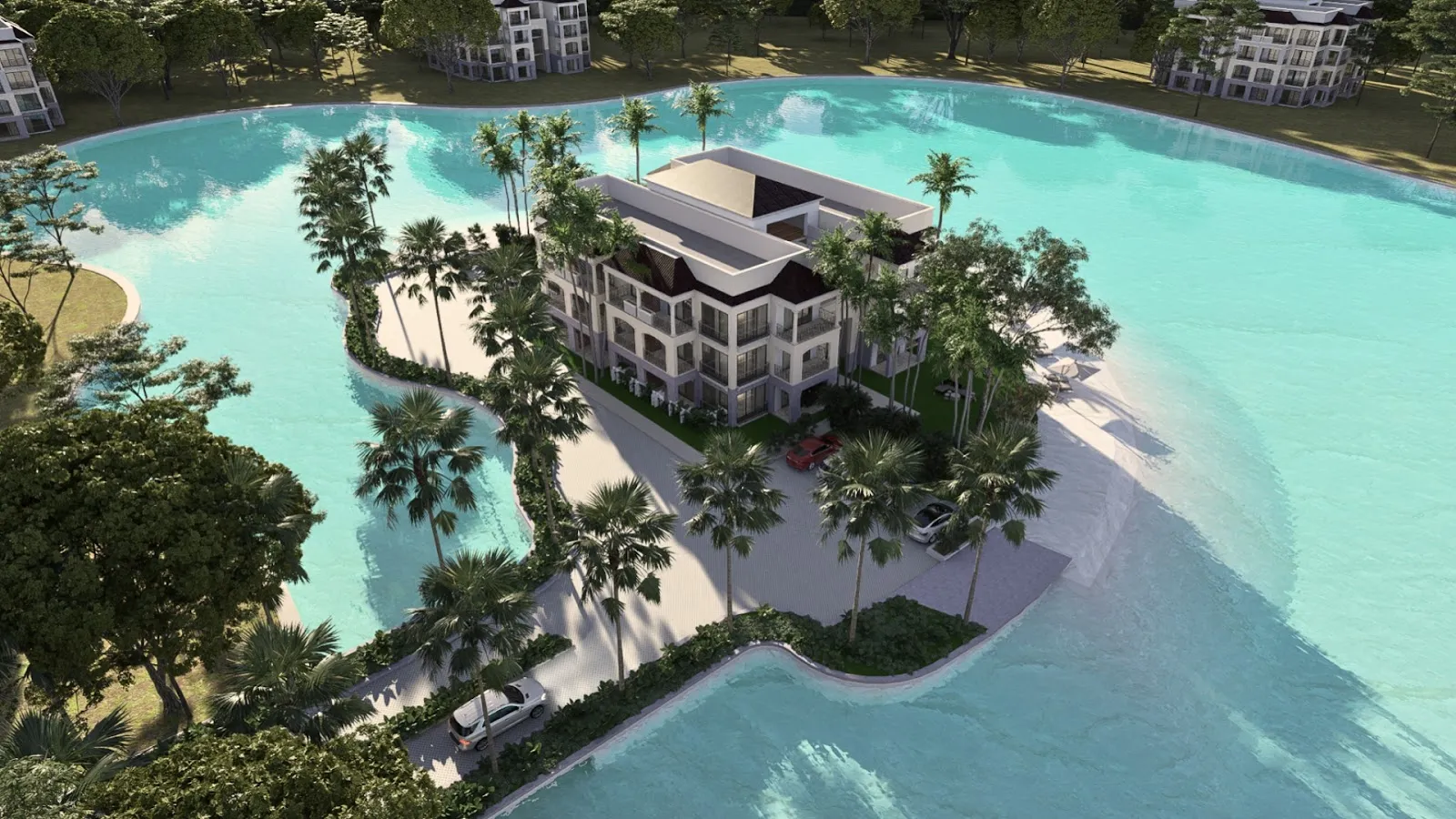
If land is about freedom and long-term vision, a condo is about simplicity. You buy it, furnish it (if it’s not already turnkey), and it’s ready to live in or rent out. No permits, no contractors, no 18-month construction delays. For many investors, that ease is worth a lot.
Condos are especially attractive in resort towns like Cabarete, Punta Cana, or Las Terrenas, where the demand for short-term rentals is strong, and the lifestyle is already built in: beach clubs, restaurants, security, pool maintenance - all handled for you.
Tip: Ask for HOA financials and rules before you buy. High fees or unclear rental policies can turn a good-looking investment into a headache.
Once you’ve looked at both options separately, it’s worth putting them side by side. What looks appealing in theory - like full control over a custom villa - might feel less attractive when you factor in timelines, permits, and construction management. On the other hand, a condo might seem "too standard" until you consider the ease of renting it out in a well-known coastal development with 24/7 security and zero hassle.
At the end of the day, these are two completely different investment models. One is slower, more hands-on, and potentially more rewarding. The other is faster, more predictable, and easier to scale. Your risk tolerance, income goals, and level of involvement will often determine which one makes more sense, not just on paper, but in real life.
Here’s a clear breakdown of how the two options compare:
Time to Cash-Flow
Hands-On Involvement
Up-Front Capital
Design Flexibility
Risk Profile
Exit Strategy
Tip: Never assume “land is cheaper” without adding construction, permits, infrastructure, legal, and contingency costs. The real numbers often tell a different story.
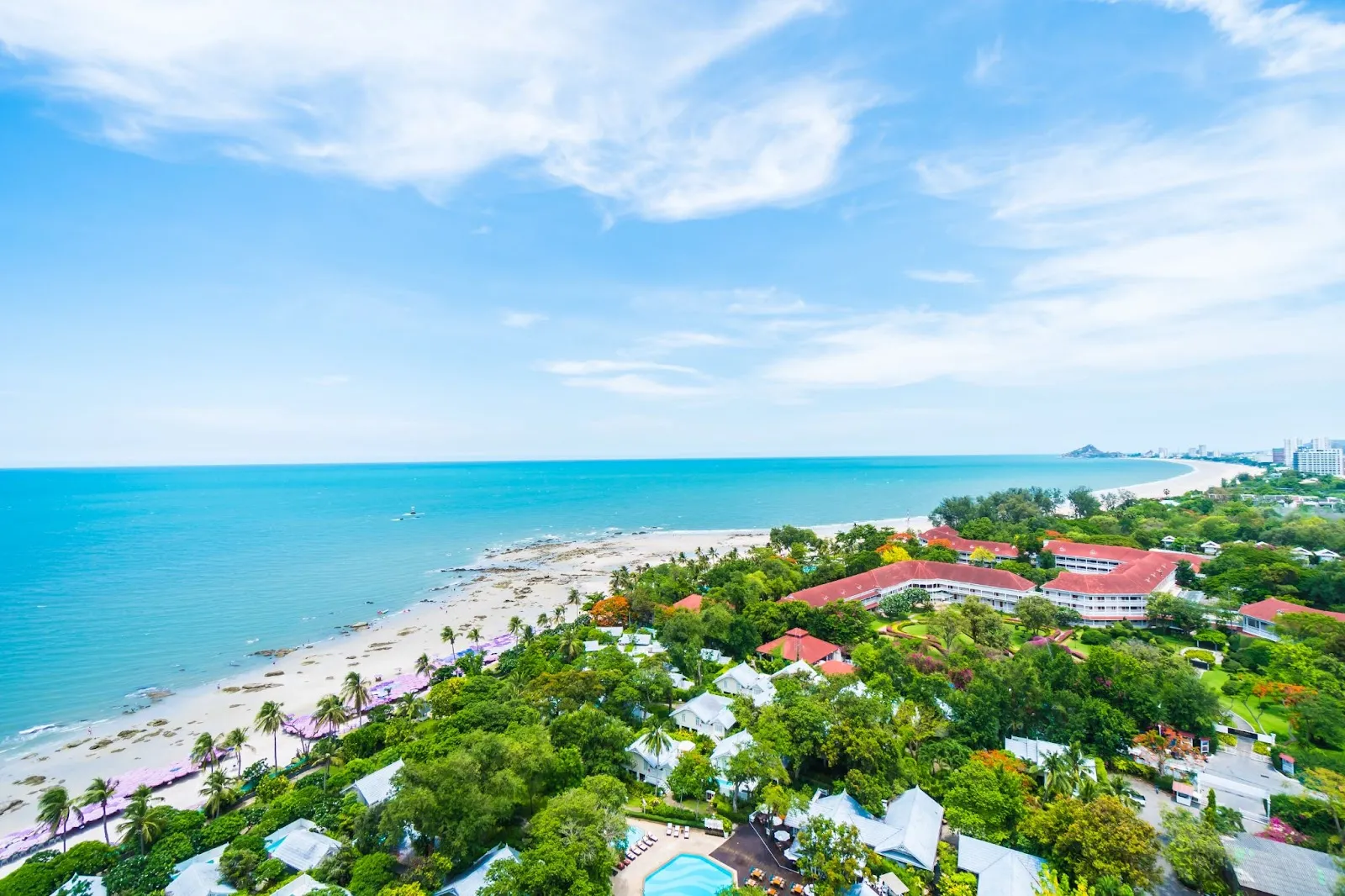
Now that you’ve seen the pros, cons, and trade-offs, the real question becomes: which option fits your goals, timeline, and risk tolerance?
There’s no universal answer - and that’s the point. Land and condos offer two different paths to ROI, and each attracts a different kind of investor. Your best choice depends on what you’re optimizing for.
There’s also a hybrid approach: some investors start with a condo to establish a presence in the market, then scout land once they know the region better. Others buy land now but hold off on building until they’re ready - or sell it later at a profit.
Tip: Think in phases - short-term income, mid-term equity, long-term lifestyle. The right choice today should move you closer to the outcome you want.

Investing in Dominican Republic real estate isn’t just about what’s cheaper or faster - it’s about what aligns with your bigger picture.
If you’re after control, flexibility, and long-term upside - and you’re willing to navigate the building process - land gives you the freedom to create something uniquely yours. But if your priority is income now, lower risk, and ease of ownership, condos offer a cleaner, more predictable path.
The key is to be honest about your time, resources, and level of involvement. Not every investor wants to deal with architects and contractors, just like not everyone wants to own a unit that looks like ten others in the same hallway.
In 2025, both land and condos in the Dominican Republic are delivering strong value, but for different types of buyers. One isn’t better than the other. What matters is how well the option fits you.
Take your time. Run the numbers. And invest with intention.